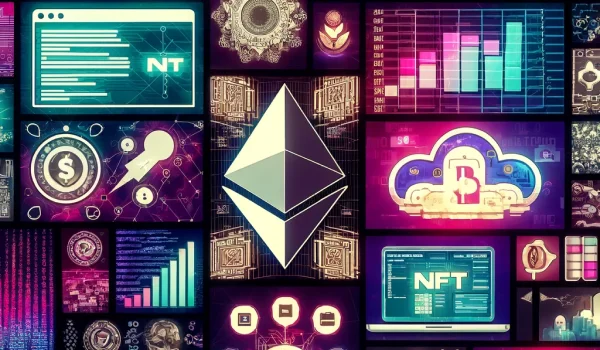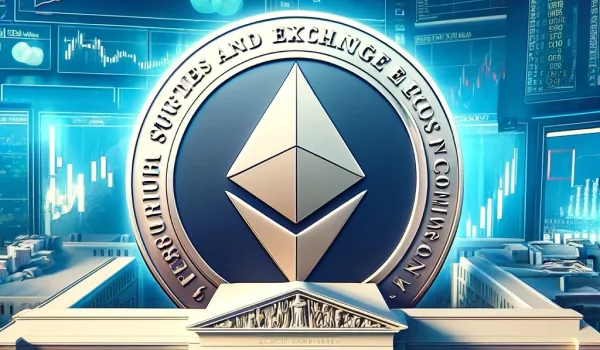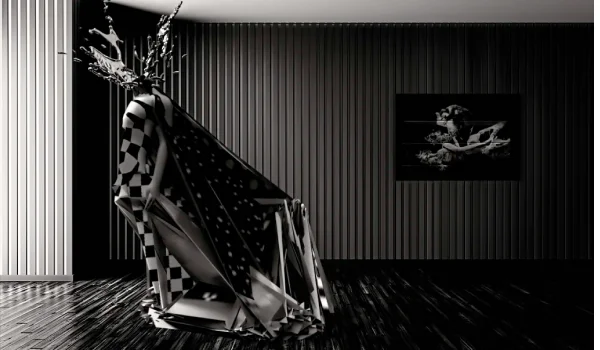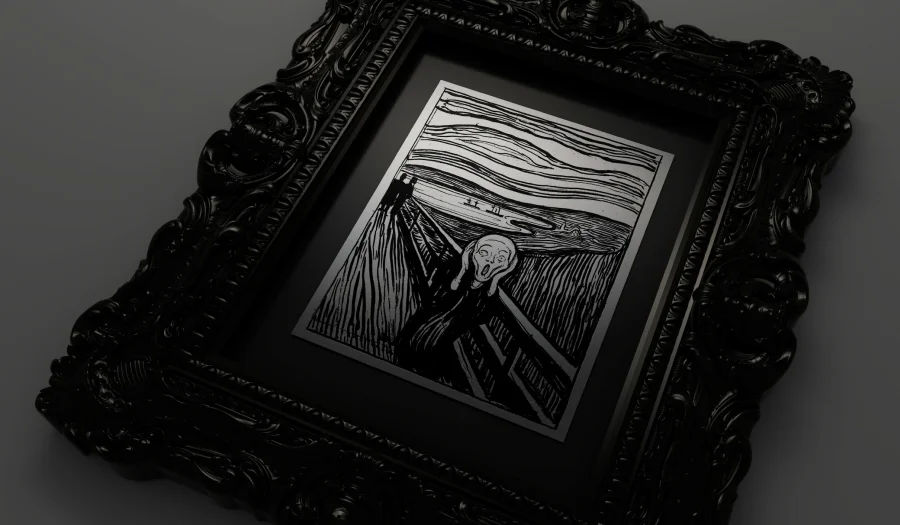The gaming skin market has seen tremendous growth in recent years, reaching over $50 billion in revenue in 2022. Traditional in-game marketplaces are now adopting NFT models. Token-based initiatives are adding blockchain to existing game skins and weapons. They hint at a merge of traditional skin markets and NFT platforms. This will add value through blockchain security.
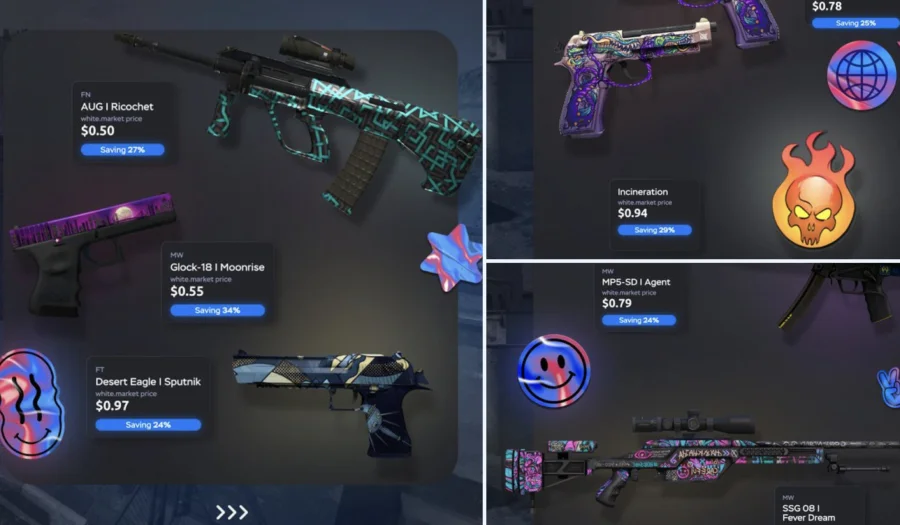
Source: CS2
In today's digital economy, blockchain-based items like NFTs are gaining traction. At their height, NFT sales hit $17 billion, while traditional digital goods brought in $50 billion. Many people now own digital things. The market for in-game items will grow a lot. It might reach $77 billion by 2025 and $294 billion by the end of the 2020s. This growth includes new categories and economic models due to technological advances.
Digital Ownership and NFTs: A Security Solution?
Mainstream digital markets are financially successful. However, players face problems. These include stolen skins and incompatible new game versions. The skin market's growth highlights the need for secure ownership to protect valuable assets.
NFT advocates face a challenge. They must shift how people see digital items. They must change them from mere profit tools to crucial parts of secure ownership. So far, only a few big game studios have tried NFTs. These efforts have been optional or experimental.
Transparency: NFTs Lead the Way
The traditional market for game skins lacks transparency and regulation. This makes transferring ownership risky and informal. In contrast, the NFT marketplace is remarkably transparent. Each NFT features a detailed history of ownership, and pricing data is readily accessible. This organized system allows for easy tracking of item rarity and potential demand.
Mainstream Adoption of NFT Practices
The rise of NFT trading has inspired best practices in the digital item trade. Projects like White Market merged traditional and NFT markets. They offer platforms for trading items like Counter Strike 2 skins. The platforms have features like those on OpenSea.
White Market also integrates WhiteBit Codes, allowing transactions in digital currencies like USDT. On the other hand, games like Shrapnel on the Avalanche platform now accept credit card purchases. This makes their digital tokens more accessible.
Re-Tokenization of Game Items: A New Security Layer
Game companies have been hesitant to standardize true ownership of in-game items. But, blockchain startups are not waiting. For instance, Metazero aims to secure existing digital assets on blockchain. This allows Steam users to protect their game skins and items. CS2 game items are now being re-tokenized as NFTs. They are traded based on their rarity as real-world assets.
However, some companies resist this trend. Mojang's Minecraft banned NFTs based on its assets. This led to the shutdown of major NFT projects, like NFT Worlds. Meanwhile, games like Counter Strike: Global Offensive have adopted NFT-like models. They assign rarity levels to weapon skins to boost their resale value.
Conclusion
As we move through 2024, NFT and gaming skin markets are on a path. They will either collide or collaborate. NFT technology promises to make the market fairer and more transparent. It does this by using rarity, looks, and player preferences to redefine digital ownership.


 3 mins read
3 mins read